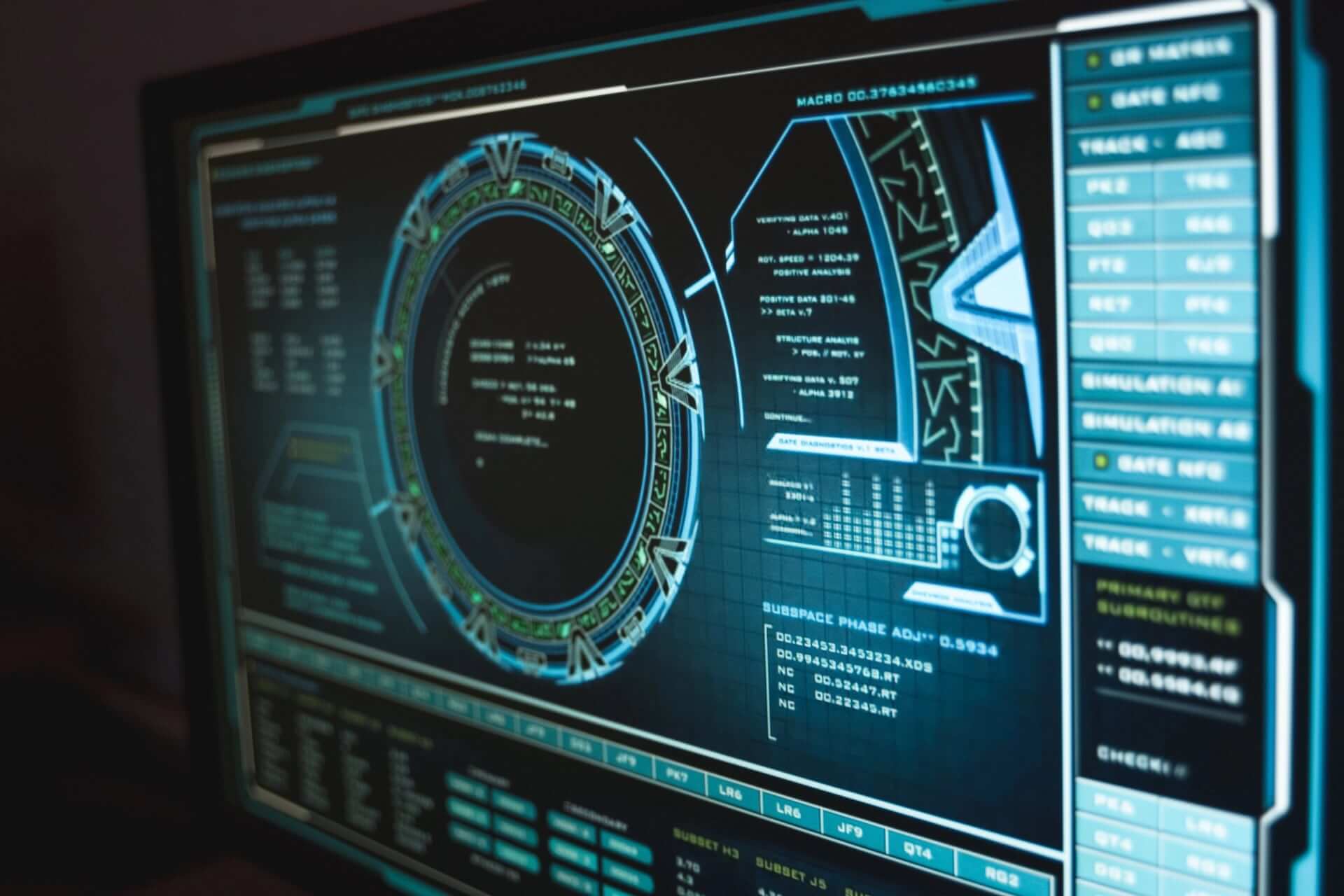
PROJECT
Quantum Key Distribution with Enhanced Security and Performance
DOCTORAL CANDIDATE
Supervisors
Curty (UVIGO), Tamaki (UT), Zbinden (UNIGE), Shields (TOSHEU), Azuma (NTT), Hülsing (TU/e)
Objectives
Improve the implementation security and performance of prepare-and-measure QKD setups, particularly those based on quantum interference. Investigate methods to address the authentication problem in QKD.
Expected Results
Security proof techniques that incorporate device imperfections of QKD transmitters. Novel twin-field QKD schemes with improved performance. Efficient solutions to authenticate the first QKD round.
Description
The principal merit of QKD is that, in theory, it allows to securely expand an initial secret key shared between distant users. In practice, however, device imperfections of real QKD implementations could open security loopholes, or so-called side-channels, that might compromise the security of the key. One main goal of this project is to develop methods to efficiently tackle device imperfections in the security proofs of QKD. For this, we will consider QKD setups based on quantum interference, e.g., measurement-device-independent (MDI) and twin-field (TF) QKD, and prove their security in a realistic setting. These setups have the advantage of being immune against any side-channel from the measurement unit, and, thus, only transmitter’s imperfections must be considered. Also, we shall investigate variants of TF-QKD which might improve the performance and/or practicality of current leading approaches, which include the CAL19 and the sending-and-not-sending TF-QKD protocols as prominent examples. Finally, we will study efficient solutions to authenticate the first QKD round, which currently requires that the legitimate users of the system pre-share initial short secret keys (e.g. these keys could be preinstalled in the QKD equipment) in order to authenticate the classical communication channel between them. This might be particularly problematic when the number of users increases.
Methodology
The Doctoral Candidate will use the reference technique to account for the security loop holes due to side channels; improvements to reference technique will also be considered. Key features responsible for the performance of TF-QKD variants will be determined, and the feasibility of novel schemes combining the best features will be studied.
Risks
If analytical security proof techniques are loose, numerical methods will be used. If no TF-QKD variant is found to outperform current schemes, we study restricted parameter regimes.














